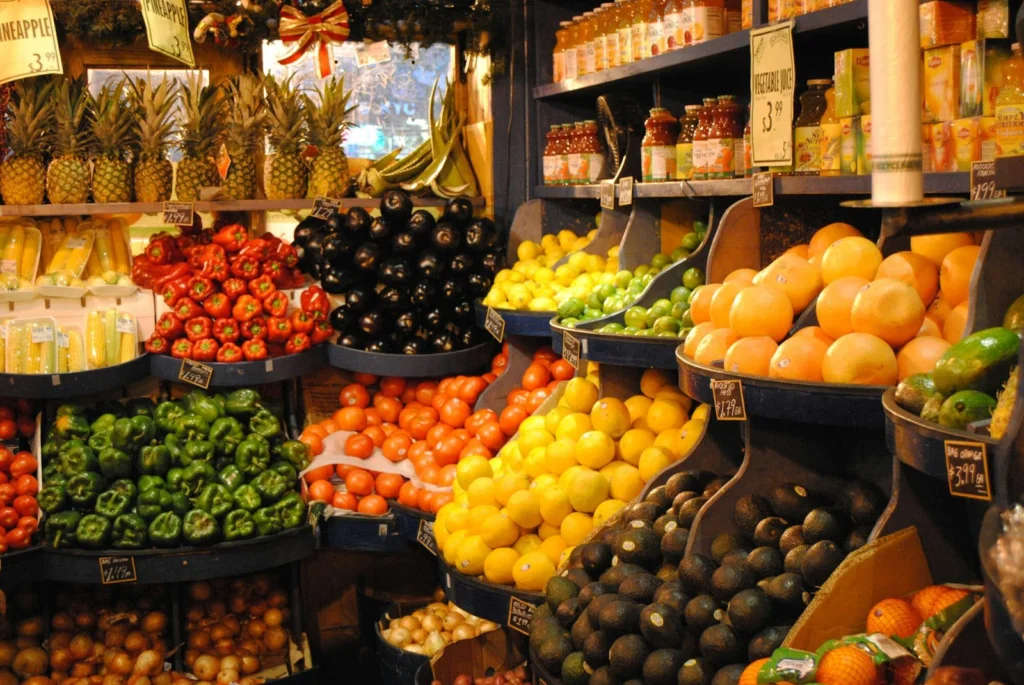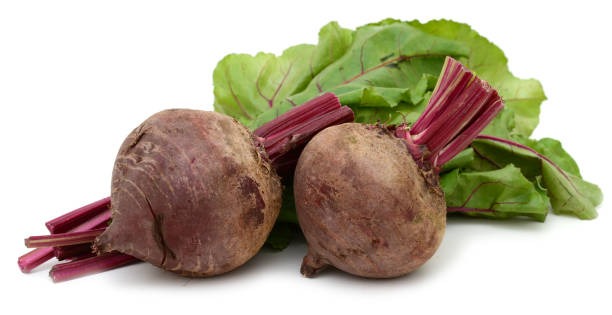For consumers looking to make healthier and more environmentally friendly food choices, searching for an organic butcher near me is a significant step. Organic butchers are gaining popularity due to their commitment to providing meat that meets strict organic farming standards. This article explores key factors to consider when selecting an organic butcher and the benefits of choosing organic meat options. Organic meat comes from animals raised in compliance with organic farming practices. This means they are fed organic feed, have access to outdoor spaces, and are not given antibiotics or growth hormones. Understanding these criteria is essential for consumers who prioritise animal welfare and sustainable farming practices in their dietary choices. There are several benefits to choosing organic meat. These include higher nutritional value, better taste, and reduced exposure to harmful chemicals and antibiotics. Additionally, organic farming practices have lesser environmental impacts compared to conventional farming, making them a more sustainable choice. Several factors should be considered when selecting an organic butcher. First and foremost is the certification of the meat products. Ensure that the butcher's products are certified organic by a recognised authority. This guarantees that the meat meets specific organic standards. Assessing the quality and freshness of the meat is crucial. Ideally, an organic butcher should offer locally sourced meats that ensure freshness and support local farmers. Freshness is not just about taste but also about the nutritional benefits it provides. Another consideration is the range of products offered. A reputable organic butcher should provide a variety of meats, including beef, pork, poultry, and more unique choices such as game meats. The availability of different cuts and preparations can also be a factor in choosing the right butcher. The level of customer service and staff expertise can significantly impact the shopping experience. An ideal butcher provides knowledgeable staff who can offer cooking advice, suggest suitable cuts, and ensure customers make informed purchasing decisions. Choosing a nearby organic butcher not only supports the local economy but also adds convenience. With an organic butcher near one's location, regular purchases are more practical, and one can enjoy fresher products with reduced transportation times. Supporting a local organic butcher not only benefits the consumer but also supports ethical and sustainable farming practices. These butchers typically deal directly with farmers who employ humane farming methods, ensuring that animals are well-treated. Consumers are often concerned about the pricing of organic meat. While organic products typically cost more than conventional options, the benefits such as enhanced taste, nutritional value, and ethical assurance offer good value for money. It is important to compare prices and consider loyalty programs or discounts that may be available. Transparency in sourcing and practices is another critical aspect. Good organic butchers are transparent about where their meat comes from and the kind of farming practices involved. This builds trust with customers, assuring them of the quality and authenticity of the products. Selecting an organic butcher involves considering several factors, from meat quality and variety to customer service and ethical practices. By prioritising these aspects, consumers can make informed decisions that benefit their health, the environment, and local economies.Understanding Organic Meat
The Benefits of Choosing Organic Meat
Criteria for Selecting an Organic Butcher
Quality and Freshness
Variety of Products
Customer Service and Expertise
Locality and Convenience
Supporting Ethical Farming Practices
Pricing and Affordability
The Importance of Transparency
Conclusion




Want to add a comment?